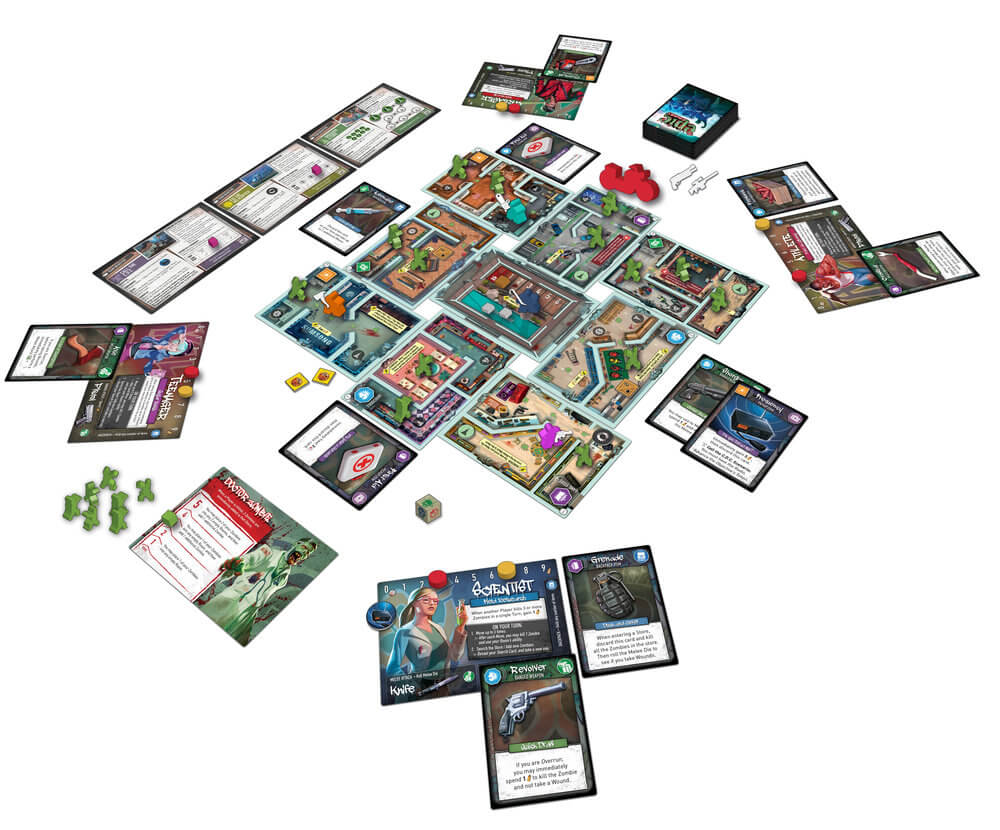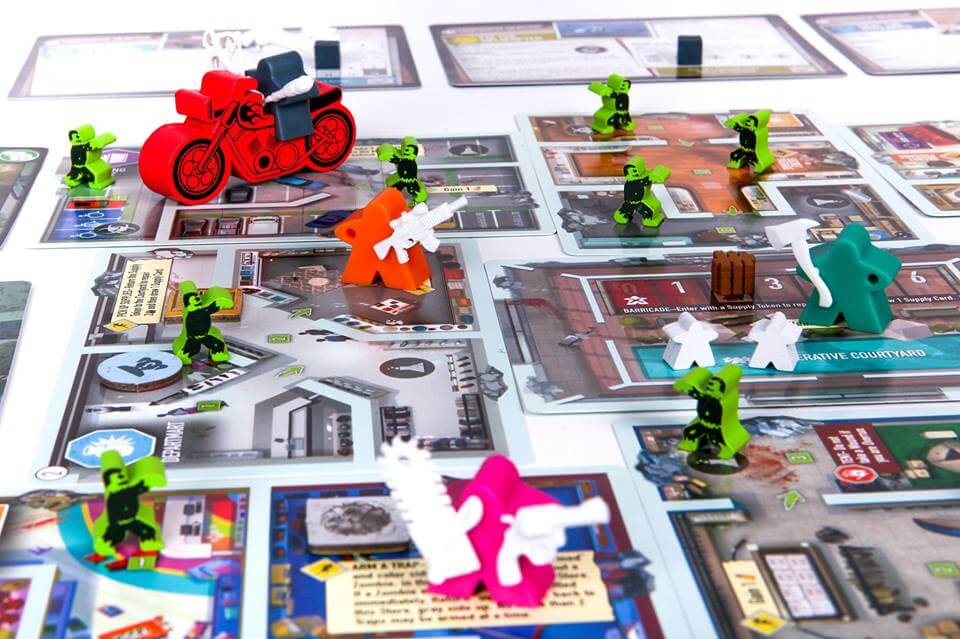

If you’ve already played Brass, learning how to play Birmingham will be a snap as it uses most of the same core ruleset. Cuddington, elegant graphic design, and high-quality components. Unlike its predecessor, Brass: Birmingham features a dynamic board setup, making each game unfold completely different each time you play.īrass: Birmingham features meticulously crafted illustrations by Damien Mammoliti and Mr. Now to get other people to play with me.Brass: Birmingham features a deceptively straightforward ruleset that creates interesting gameplay dynamics including a highly innovative variable turn order system and robust gift economy. Big Red managed to blow everyone's doors off by two very strategic Pottery deployments and sniping the last beers on the board, preventing Yellow and Purple from flipping their final industries. Yellow almost, almost managed to win solely on OWNING Bermhum and then connecting almost everywhere. Poor Teal could never get his cash flow up and had to keep taking out loans. As Red, I had a smug sense of superiority, as the cards kept going my way. I found myself playing as Purple, cursing that dratted Red player for getting the really good cotton spots covered. I initially had a "boy that's fiddly" response similar to you, but after only a few turns, I started seeing how the systems truly interlock, and I began to have a really, really good time. The first thing I did was set up a 4 player hotseat session and played through an entire game multi-handing it myself. It's becoming one of my favourite games despite the AP and that's probably saying something.Īs a disclaimer: I've got a copy I traded for on BGG headed my way, but I've played a couple games on TTS. The game was replayable and each time felt unique. We almost ran out of coal in our second game when we never had that problem in our first. We played a second game and boy were things different this time around. I immediately wanted to play with new strategies, figure out what we did or didn't do a lot of last game and try something new. Pay attention to what others do to try to make sure they're not making rule mistakes so you don't have to go back and fix it!Īnd finally, after all that, I found that I wanted to play the game again. We were bumbling around canal era in our first game and by rail era everyone was up to speed. It'll get better with subsequent plays with what can and cannot be done. So I think it might seem fiddly initially but it gets better. It was so streamlined and I hateeee rulebooks and managed to get through this one with no problem. And the rulebooks was one of the best I've seen. Like okay I know I can't do that, coal is fiddly for now but once we build a bunch of canals it becomes much easier to access.įor a game of its weight I honestly thought the rules teach was incredibly easy. Once you've made all the mistakes and confusions everything starts to piece together. Okay I'm going to do this, oh shit that's not in my network.īut then it clicks. I'm going to do this instead, wait I don't have the card for that. Wait I don't have a connection for coal, jk, not doing that. So I totally understand where you're coming from.Įach of us had one turn where we said. We played with one other person who's not ap prone at all and the first few turns he also had a lot of AP. I know I'm ap prone and so is someone else I play with. There are so many decisions to be made, but contrary to your point #1, I think the rules are streamlined enough to where it's a very enjoyable game filled with tons of decisions, almost all of which are actually important.įirst play for brass Birmingham is gonna feel that way. You have to decide where to build your network and how much to invest in expanding your network versus just doing what will get you immediate points or income. You have to decide what industries to pursue, where to take your materials from, which tokens to build and which to develop. The reason I like it so much is because the rules are quite straightforward, and yet the decision space is HUGE. Don't allow it if you feel it slows the game down too much. This is a problem with the group, not the game. Thematic tie-ins are noted throughout the rulebook, and I've found they help with understanding the "why?" of some of the rules.

Things like "coal must be connected" make more sense when you think that it's needed in large quantities, where thinks like "iron can come from anywhere" is because it's needed in smaller quantities. It might help to think about it thematically. The rules are fairly straightforward for a game of this depth.


 0 kommentar(er)
0 kommentar(er)
